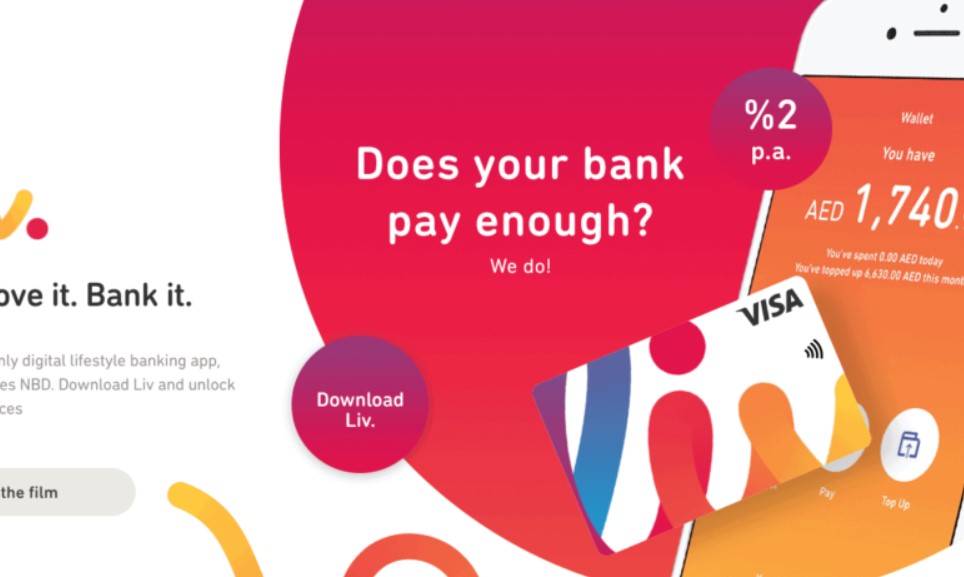The e-commerce sector in the UAE has seen significant growth over the past decade. As digital transformation accelerates, mobile banking apps have become instrumental in supporting this expansion. These apps provide a seamless and secure way for consumers and businesses to engage in online transactions. This article explores how mobile banking apps contribute to the growth of e-commerce in the UAE, examining various aspects such as payment facilitation, security, consumer convenience, and the broader economic impact.
The Growth of E-commerce in the UAE
E-commerce in the UAE has experienced rapid growth, driven by high internet penetration, a tech-savvy population, and supportive government policies. According to a report by the Dubai Chamber of Commerce, the UAE’s e-commerce market is expected to reach $27.1 billion by 2022. This growth is facilitated by various factors, including the rise of mobile banking apps, which play a critical role in enabling secure and efficient online transactions.
Payment Facilitation
Mobile banking apps streamline the payment process for e-commerce transactions. They offer various payment options, including credit and debit card integration, direct bank transfers, and digital wallets. This flexibility allows consumers to choose their preferred payment method, enhancing the overall shopping experience.
For businesses, mobile banking apps provide efficient payment processing systems that reduce transaction times and fees. This efficiency is particularly beneficial for small and medium-sized enterprises (SMEs) in the UAE, which can leverage mobile banking apps to manage their cash flow better and expand their customer base.

Enhanced Security
Security is a paramount concern in e-commerce. Mobile banking apps incorporate advanced security features to protect users’ financial information. These features include biometric authentication, two-factor authentication (2FA), and encryption. By using these technologies, mobile banking apps ensure that transactions are secure, reducing the risk of fraud and enhancing consumer confidence.
The UAE government has established stringent regulations to safeguard digital transactions. The UAE Central Bank and the Telecommunications Regulatory Authority (TRA) have implemented guidelines to ensure that mobile banking apps comply with high security standards. These regulations help maintain the integrity of the financial system and protect consumers from cyber threats.
Consumer Convenience
One of the primary benefits of mobile banking apps is the convenience they offer to consumers. These apps allow users to conduct transactions anytime and anywhere, providing unmatched flexibility. For the e-commerce sector, this convenience translates into higher consumer engagement and increased sales.
Mobile banking apps also facilitate quick and easy refunds and returns, which are essential components of the e-commerce experience. Consumers can initiate refund requests directly through the app, and businesses can process these requests efficiently, enhancing customer satisfaction and loyalty.
Integration with Digital Wallets
Digital wallets have become increasingly popular in the UAE, and mobile banking apps often integrate seamlessly with these wallets. Services like Apple Pay, Google Pay, and Samsung Pay are widely used, allowing consumers to make secure and swift payments using their smartphones.
The integration of mobile banking apps with digital wallets provides a unified platform for managing multiple payment methods. This integration simplifies the checkout process for consumers, reducing cart abandonment rates and boosting e-commerce sales. Additionally, digital wallets offer enhanced security features, further safeguarding online transactions.

Supporting SMEs
Small and medium-sized enterprises (SMEs) are a vital component of the UAE’s economy, and mobile banking apps play a crucial role in supporting their growth. By providing access to efficient payment solutions and financial management tools, mobile banking apps help SMEs navigate the complexities of the digital marketplace.
SMEs can use mobile banking apps to monitor their financial transactions in real-time, manage invoices, and track expenses. These capabilities enable businesses to make informed decisions and optimize their operations. Furthermore, mobile banking apps often offer tailored financial products, such as small business loans and credit facilities, helping SMEs access the capital they need to grow.
Economic Impact
The widespread adoption of mobile banking apps has a significant economic impact on the UAE. By facilitating e-commerce transactions, these apps contribute to the overall growth of the digital economy. The increased efficiency and security provided by mobile banking apps also attract foreign investment, further boosting the country’s economic development.
According to the UAE Ministry of Economy, the digital economy is expected to account for 45% of the country’s GDP by 2030. Mobile banking apps will play a pivotal role in achieving this target by supporting the e-commerce sector and enhancing the overall business environment.
Future Trends
In the UAE’s e-commerce sector, the future of mobile banking applications appears promising, as the landscape is expected to be influenced by a number of trends:
- Artificial Intelligence (AI) and Machine Learning: These technologies will improve the capabilities of mobile banking applications by providing predictive analytics, fraud detection, and personalized financial advice. The overall user experience can be enhanced by AI-driven chatbots, which can provide immediate consumer support.
- Blockchain Technology: Blockchain technology has the potential to enhance the security and transparency of e-commerce transactions. Blockchain technology can be integrated into mobile banking applications to generate secure and immutable transaction records, thereby fostering greater confidence among businesses and consumers.
- Contactless Payments: The demand for contactless payments has surged due to the COVID-19 pandemic. Mobile banking apps are likely to incorporate more contactless payment options, ensuring a safer and more convenient shopping experience.
- Regulatory Advancements: As the regulatory framework for digital transactions evolves, mobile banking apps will need to comply with new standards and guidelines. These advancements will further enhance the security and reliability of mobile banking services.
Conclusion
Mobile banking apps have emerged as a fundamental component of the UAE’s expanding e-commerce sector. These applications foster the expansion of online transactions and contribute to the broader digital economy by providing unparalleled convenience, enhanced security, and efficient payment solutions. The integration of advanced technologies and adherence to regulatory standards will guarantee that mobile banking applications continue to be a significant driver of economic development and innovation in the UAE as the e-commerce landscape continues to evolve.
The future is filled with exciting opportunities for the continued integration of mobile banking applications into the e-commerce ecosystem. It will be essential for both businesses and consumers to remain informed about these developments in order to fully realize the potential of digital financial services. Individuals who are in search of the optimal mobile banking application will derive advantages from comprehending the manner in which these applications facilitate and improve the e-commerce experience in the United Arab Emirates.

Skydiver, maker, audiophile, Vignelli fan and TDC honorary member. Working at the nexus of simplicity and mathematics to craft experiences both online and in real life. I sometimes make random things with friends.
